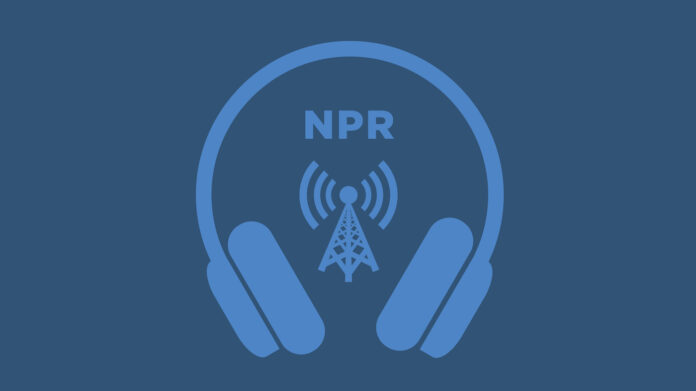SCOTT DETROW, HOST:
The upcoming day marks the fourth anniversary of the January 6, 2021, attack on the U.S. Capitol. For many of the individuals involved in storming the building to prevent Congress from certifying Joe Biden as president, this day holds significance. Congress is set to certify Donald Trump as president tomorrow. Following his inauguration in a few weeks, Trump has committed to pardoning those charged for their roles in the January 6 attack. Trump’s own criminal charges related to that day were dropped once he assumed the presidency. To delve deeper into this topic, we have with us Tom Dreisbach, who has been a pivotal part of NPR’s coverage of January 6 and its aftermath. Hello, Tom.
TOM DREISBACH, BYLINE: Hello, Scott.
DETROW: In light of the events, how many individuals were ultimately charged, convicted, or accepted guilty pleas?
DREISBACH: NPR’s ongoing tracking shows that more than 1,500 people were charged as a result of the January 6 attack. The majority, around 1,000, pleaded guilty, while a few hundred opted to go to trial. Most of them were convicted. The investigation is still in progress, with the FBI actively searching for multiple suspects accused of assaulting law enforcement officers, leading to arrests even into December.
DETROW: Returning to the central theme, many of the Capitol intruders credited former and future president Donald Trump for inspiring their violent actions to retain his power. With Trump about to return to power, what are his exact plans regarding these pardons?
DREISBACH: Trump’s campaign can be viewed as a prelude to the January 6 election. He began by featuring a rendition of “The Star-Spangled Banner” sung by defendants of January 6 on a jailhouse phone. He has consistently pledged to pardon or commute the sentences of those involved in the attack. However, the specifics of this promise remain unclear. Trump has not clearly defined who he intends to pardon. Last year, when asked if he would pardon individuals convicted of assaulting police officers, his response was affirmative. Additionally, his transition team mentioned that they would pardon those who were unfairly prosecuted by what they termed a politicized Justice Department and were denied due process, without offering specifics. Despite the defendants’ right to legal representation during the trial, the notion of being denied due process is ambiguous.
DETROW: Trump has hinted that he might announce or commence these pardons as soon as he takes office. How do the family of a police officer who was assaulted and later passed away feel about this?
DREISBACH: I recently engaged with the family of Capitol Police Officer Brian Sicknick. He was pepper-sprayed on January 6 and subsequently succumbed to two strokes the following day. His family is disheartened by the outcome of the presidential election. They are deeply troubled that the individual who attacked their son, whom they confronted in court during sentencing, might be released. Brian Sicknick’s mother, Gladys, shared her emotional distress, stating that she frequently bursts into tears due to her anguish, and their faith in the country has been severely shaken.
DETROW: The events of January 6 and the subsequent efforts to alter the narrative have been ongoing. These legal cases have significantly contributed to establishing a historical account of the incident. Considering the possibility of Trump issuing these pardons, do you believe it will impact how the events of January 6 are remembered?
DREISBACH: The history of January 6 has been a subject of debate since its occurrence. Initially, there was a period of apparent consensus, with Senate Republican Leader Mitch McConnell labeling it an act of domestic terrorism for which Trump bore substantial responsibility. However, the Republican Party has now united behind Trump, endorsing his counter-narrative that downplays the severity of January 6. Despite ongoing efforts to alter the narrative, new revelations from the criminal cases have shed light on the extent of violence and potential danger posed. The future implications of potential mass pardons by Trump on the narrative surrounding January 6 remain uncertain, given the nation’s deep divisions.
DETROW: We’ve been speaking with NPR investigative correspondent Tom Dreisbach. Thank you, Tom.
DREISBACH: Thank you, Scott.
Copyright © 2025 NPR. All rights reserved. Visit our website terms of use and permissions pages at www.npr.org for further information.
NPR transcripts are created on a rush deadline by an NPR contractor. This text may not be in its final form and may be updated or revised in the future. Accuracy and availability may vary. The authoritative record of NPR’s programming is the audio record.




